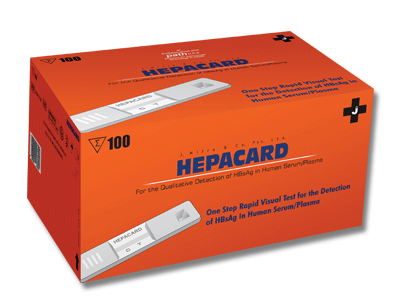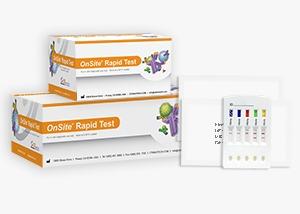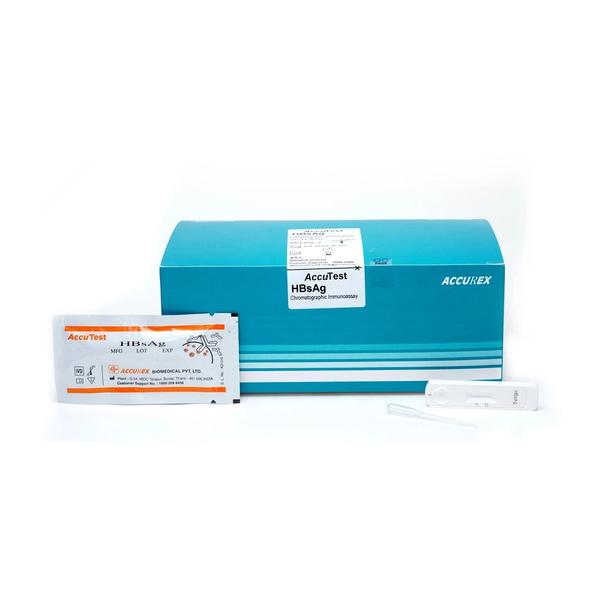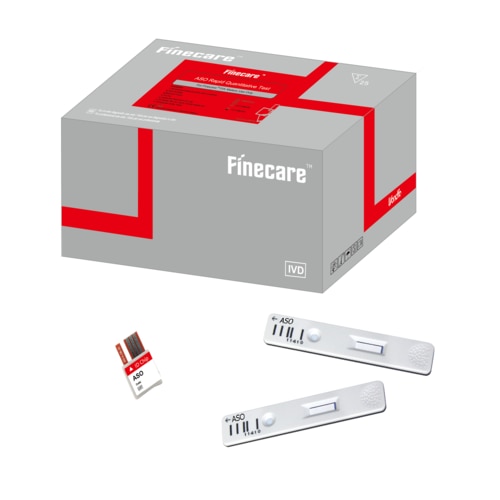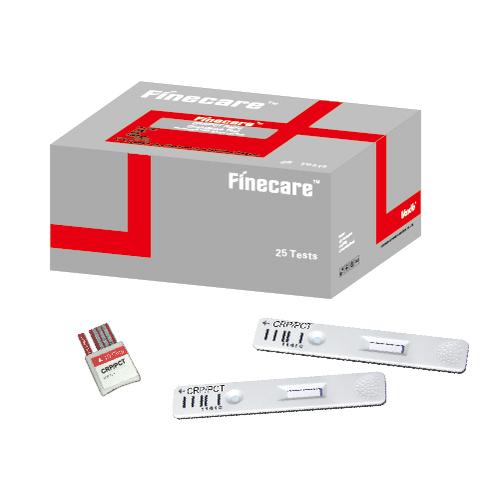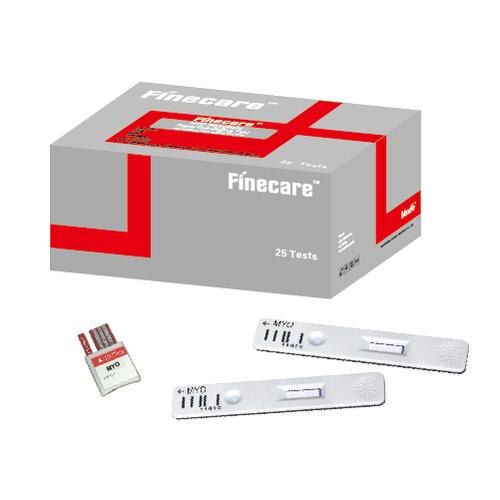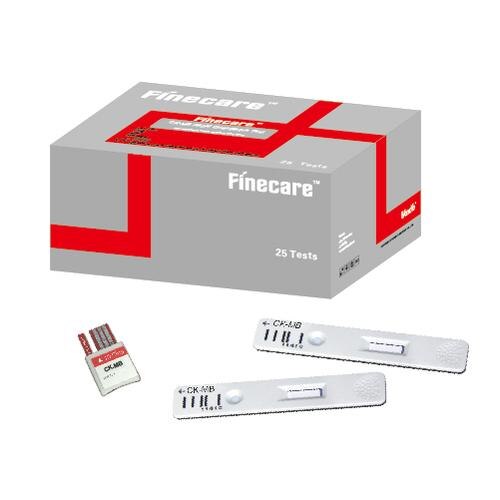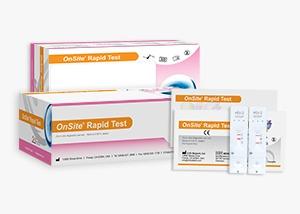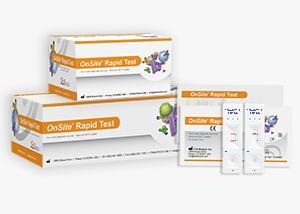Rapid Test
The OnSite Troponin I Combo Rapid Test is a lateral flow chromatographic immunoassay for the qualitative detection of cardiac Troponin I (cTnI) in human serum, plasma or whole blood at a level equal to or higher than 1 ng/mL. It can be performed within 15 minutes by minimally skilled personnel, and without the use of laboratory equipment.
The OnSite Troponin I Combo Rapid Test is intended to be used by healthcare professionals as an aid in the diagnosis of acute myocardial infarction (AMI). Any use or interpretation of this preliminary test result must also rely on patient’s symptoms and the professional judgment of a physician. A more precise test method such as an instrument method must be used to confirm the test result obtained by this device.
Normally the level of cTnI in the blood is very low. cTnI is released into the blood stream in forms of free cTnI and cTnI-C-T complex at 4-6 hours after myocardial cell damage. The elevated level of cTnI could be as high as 50 ng/mL during 60-80 hours after AMI and remains detectable for up to 10-14 days post AMI. Therefore, circulating cTnI is a specific and sensitive marker for AMI.
Clinical performance:
Relative Sensitivity: 95.8% (95% CI: 91.5-97.9%) compared to a reference CLIA
Relative Specificity: 99.7% (95% CI: 98.8-99.9%)
Analytical sensitivity: The detection limit of cTnI is 1.0 ng/mL or greater in serum, plasma or whole blood specimen
Cross-reactivity: No cross reactivity with 10 µg/mL skeletal muscle TnI, 2,000 ng/mL cardiac muscle TnT, 20 µg/mL cardiac muscle Myosin
Dose hook effect: No hook effect was observed for cTnI at concentrations up to 3,521 µg/mL
Interference: No interference was seen with 20 mg/dl Acetaminophen, 20 mg/dl Acetylsalicylic acid, 10.5 g/dl Albumin, 20 mg/dl Ascorbic acid, 1,000 mg/dl Bilirubin, 20 mg/dl Caffeine, 800 mg/dl Cholesterol, 200 mg/dl Creatinine, 20 mg/dl Gentistic acid, 1,000 mg/dl Hemoglobin, 600 mg/dl Oxilic acid, 1,600 mg/dl Triglycerides
Shelf life: 24 months
Individually sealed foil pouches containing:
One cassette device
One desiccant
Plastic droppers
Sample diluent (REF SB-R3002, 5 mL/bottle)
One package insert (instruction for use)
CTK Products at a Glance
Insert
MedlinePlus: Troponin Test
Poster
Send Message
